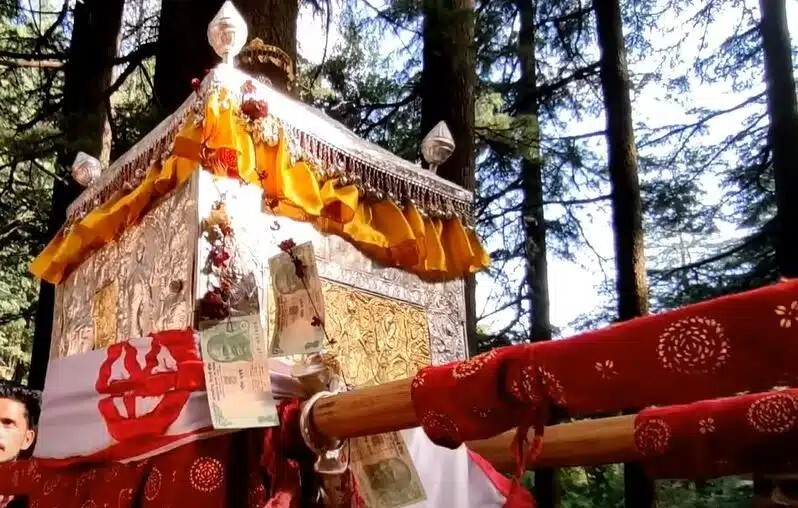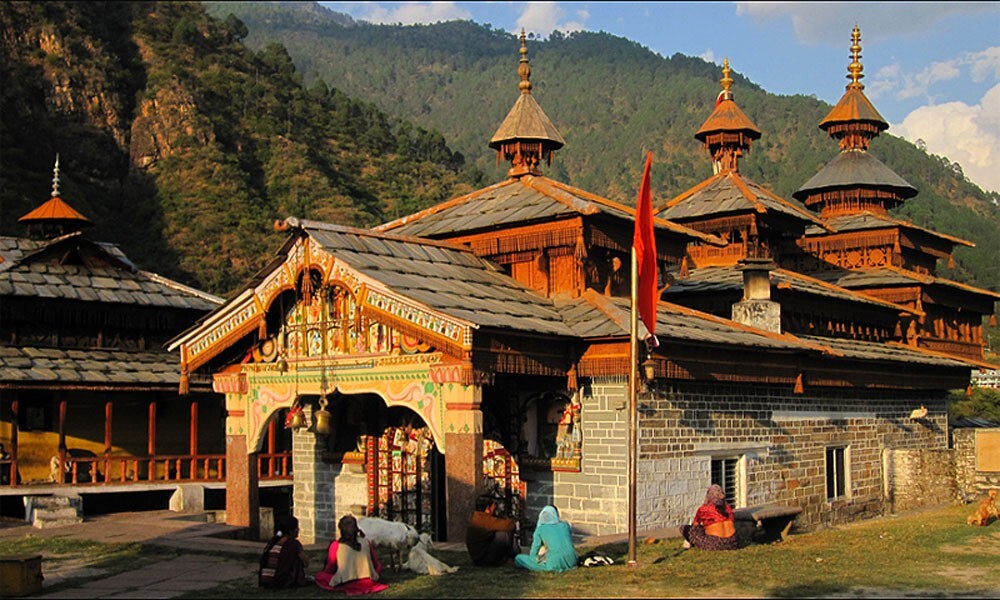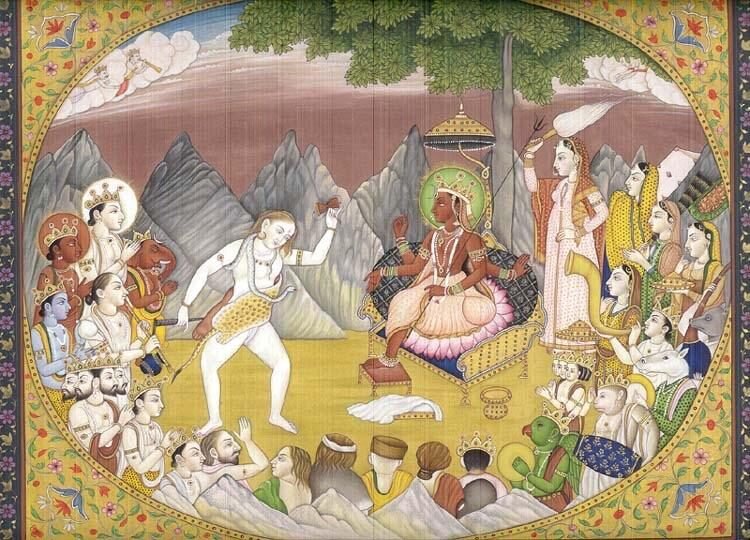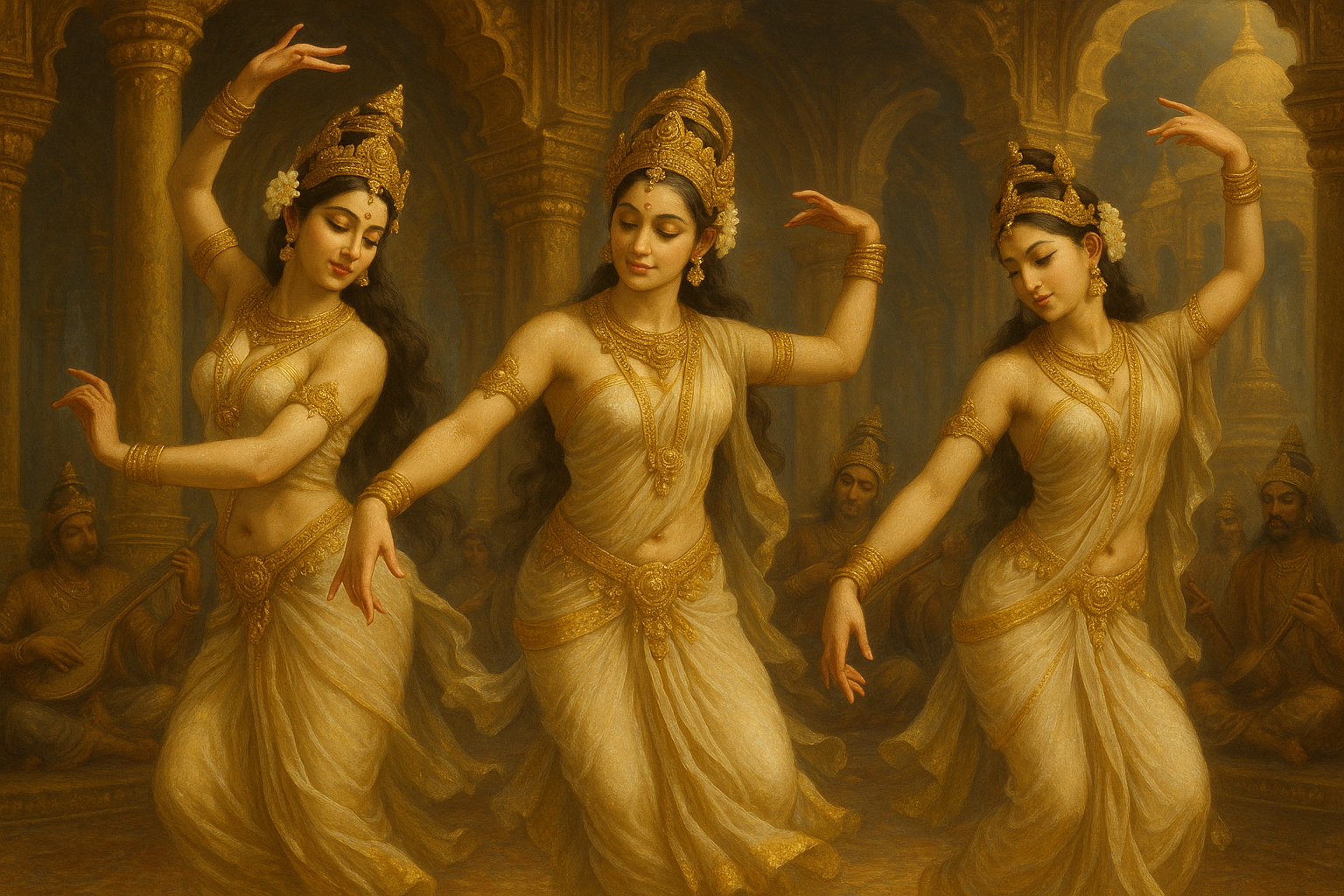1. Understanding Mahasu Devta
Mahasu Devta holds a significant place in the ethos of Himachal Pradesh and Uttarakhand. This revered deity symbolizes protection and strength, deeply revered among the Pahadi communities.
1.1 Historical Roots
Mahasu Devta’s history intertwines folklore with spiritual significance. This deity’s legacy spans centuries, embodying tales of valor and divine intervention, passed down through generations.

1.2 Temple Location
Situated along the Tyuni-Mori road at Hanol in Uttarakhand’s Dehradun district, the Mahasu Devta temple boasts a tranquil setting amidst picturesque landscapes.
Distance from Key Cities
- Shimla: Approximately distance from Hanol
- Dehradun: Roughly distance away
- Delhi: About distance distant
- Chandigarh: Approximately distance from the temple\
1.3 Devotees of Mahasu Devta
Local Pahadi communities hold Mahasu Devta in high esteem, seeking blessings and guidance. Devotees from various regions visit the temple, venerating the deity for protection and well-being.
1.4 Temple’s Age and Architecture

The temple’s age remains undocumented, but its architectural finesse reflects the craftsmanship of bygone eras, showcasing the reverence for the deity through the temple’s construction.
The Mahasu Devta Temple boasts several unique and intriguing aspects that contribute to its distinctiveness:
Spherical Rocks
Among the most striking features are two spherical rocks, approximately one foot in diameter. Visitors engage in a distinctive ritual of lifting these rocks onto their shoulders and heads before gently tossing them to the ground. It’s believed that only those with a pure heart can successfully lift these rocks—an act intertwined with spiritual significance and purity of intent.
Trophy Wall
A fascinating tradition unfolds within the temple premises: matches between teams representing local gods. The victorious team receives a trophy, an emblem of honor that finds its place adorning the temple’s interior walls. This practice adds a touch of folklore and celebration, showcasing the reverence and camaraderie among the divine entities.
1.5 Local Customs and Festivals
Rituals involve prayers and ceremonies, showcasing the cultural heritage of the region. Festivals dedicated to Mahasu Devta witness fervent celebrations, uniting communities in spiritual observance.
Mahasu Devta Fair: A Celebration of Unity and Tradition
The annual Mahasu Devta Fair, a significant event held in August, stands as a cornerstone of religious reverence and communal harmony among the local tribes, prominently the Jaunsari tribe, alongside other communities. This vibrant fair, hosted at Hanol, epitomizes the cultural amalgamation and unity among diverse groups.
The Deity Procession
Central to the fair is the revered idol of Chalta Mahasu housed within the temple. During this celebration, the idol is ceremoniously taken out in a grand procession, enveloped by throngs of devotees on both sides. Prayers resonate for three days and nights, accompanied by the melodic tunes of music and the rhythmic movements of traditional folk dances performed primarily by locals. Artists from Dehradun and neighboring districts join, enriching the festivity with their musical prowess and captivating dance forms.
Government Support and Participation
The Government of India extends support by providing essential materials for rituals like havan, ensuring the seamless conduct of religious practices during the fair. Despite its local essence, the fair attracts attendees from nearby districts such as Uttarkashi, Tehri, Saharanpur, Sirmour, Shimla, Kullu, and more, creating a diverse congregation of devotees and spectators.
Showcasing Cultural Heritage
The Mahasu Devta Fair at Hanol serves as a quintessential platform to witness the rich tapestry of cultural heritage and traditions upheld by the local tribes. It becomes a melting pot of traditions, offering a glimpse into the vibrant customs, rituals, and cultural practices deeply rooted in the region’s ethos.
This annual celebration not only pays homage to the revered deity but also stands as a testament to the unity among diverse communities, fostering a shared sense of cultural pride and communal harmony amid the backdrop of spiritual devotion and festivity.
The Mahasu Devta temple in Hanol, Uttarakhand, stands as a testament to cultural heritage, drawing devotees seeking spiritual solace and divine intervention.


